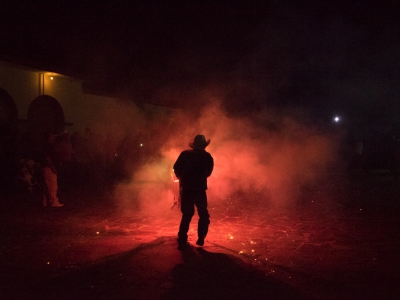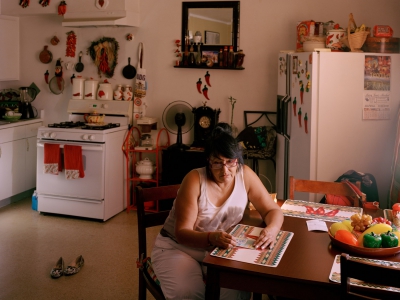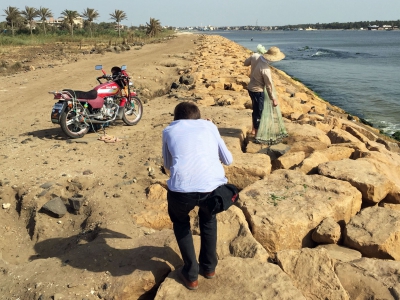Initiated while she was a student at Ryerson University, Alia Youssef series entitled "The Sisters Project" has taken her across Canada to meet over 160 incredible women. She takes over the Magenta Foundation's Instagram account this week and tells us why she's so passionate about the work she's been doing.
Published January 28, 2019
Photos by Alia Youssef, 2018 Flash Forward Winner
LBR. For the better part of the past two years, you’ve used photography to challenge the stereotypes about Muslim women in Canada. What compelled you to take on that task?
AY. I’m not sure I can pinpoint an exact moment when I started thinking about the representation of Muslim women. However, it’s apparent to me now how those representations affected my self-image growing up. The first time I addressed the representation of Muslim women with photography was with a project I made when I was 15 in 2010. I created a diptych of a Muslim woman looking in the mirror. In the first photograph, titled “The Way I See Me,” she is pictured looking at her reflection smiling and in admiration of her self. In the second image she is pictured looking sad with tape across her mouth. This one is called “The Way You See Me”. It was a very elementary way of expressing the media tropes that I felt repeatedly described Muslim women: voiceless, silent, and oppressed.

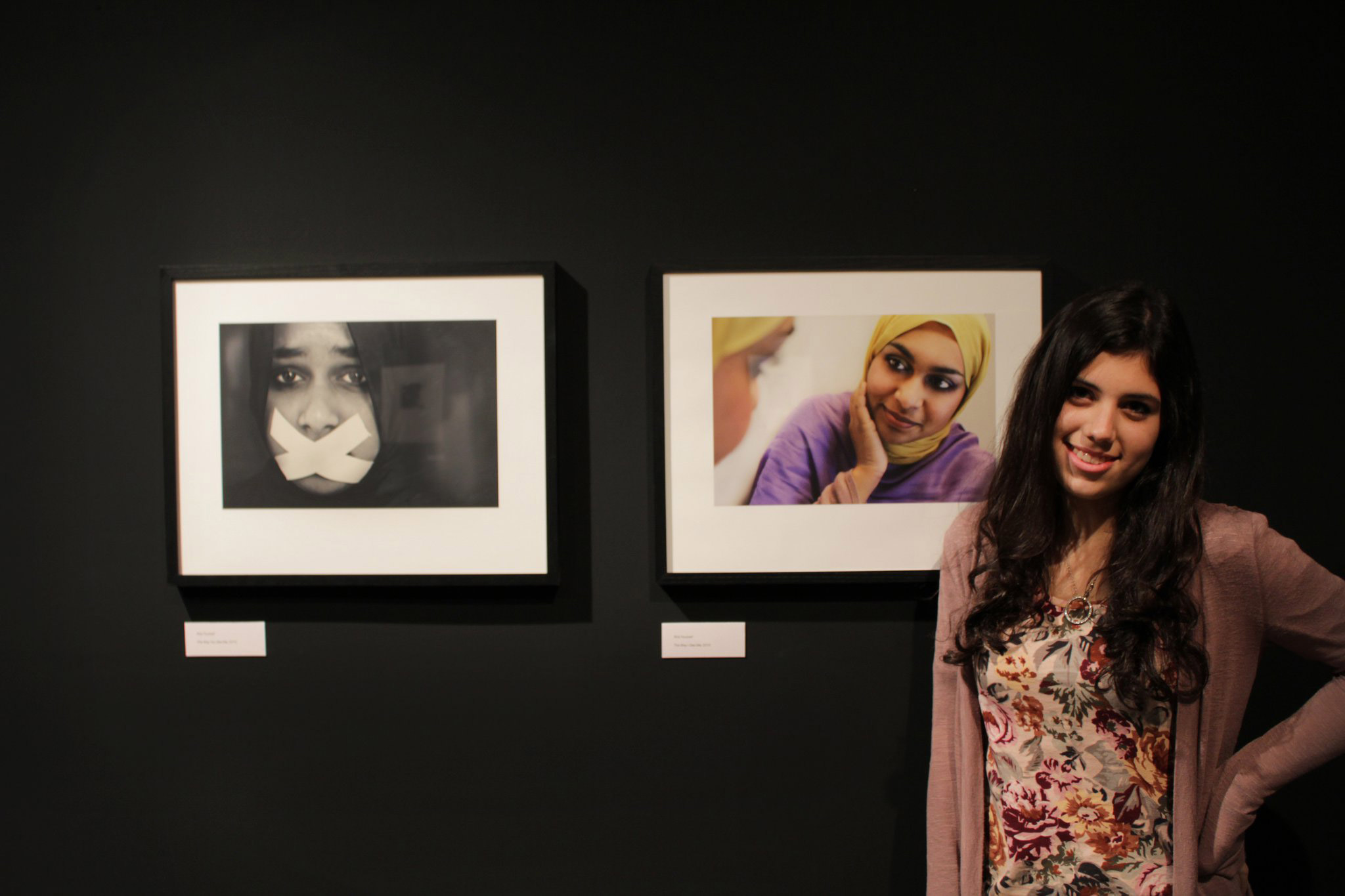
The Way You See Me / The Way I See Me, 2010, People Take Pictures of Each Other, Café for Contemporary Art, Vancouver.
After creating that diptych, I didn’t revisit the topic of Muslim women’s representation until creating The Sisters Project. I was taking a “Women In Islam” course as part of my degree at Ryerson. We often discussed the representation of Muslim women. I came up with the idea for the project after hearing a classmate say, “I’m so tired of all Muslim women being painted with the same brush.”
From when I started to now, nearly a decade later, I am still excited by the challenge of capturing someone to the best of my ability, to present a slice of who they are in a photograph, and to tell a story with my camera. Photography can bring out the best of people and ourselves: it can bring out our ability to empathize, our ability to connect with others, our desire for creative fulfillment and to share our stories, and it can fulfill our desire to feel seen and feel belonging
LBR. On the flip side, what do you feel are the limitations of photography?
AY. Photographs of people are challenging as they can take away someone’s agency over how they are portrayed, they can be misused with false headlines or reports, and they can misrepresent entire communities and religions. The photographer’s position (race, background, class hierarchy etc.) and objective for creating the image can lead to misconstrued stories. This misuse of imagery in media has led to real discrimination, hate, and acts of violence.
LBR. What are some of the tropes you keep seeing regarding Muslim women?
AY. That Muslim women are voiceless, oppressed, demure, helpless, that they are victims of their patriarchal religion. I continuously see images that portray a sad-looking-veiled-woman who is deemed in need of “saving.” These images bother me because they perpetuate our “otherness,” allow for Islamophobia to take place, and don’t describe the majority of Canadian Muslim women.
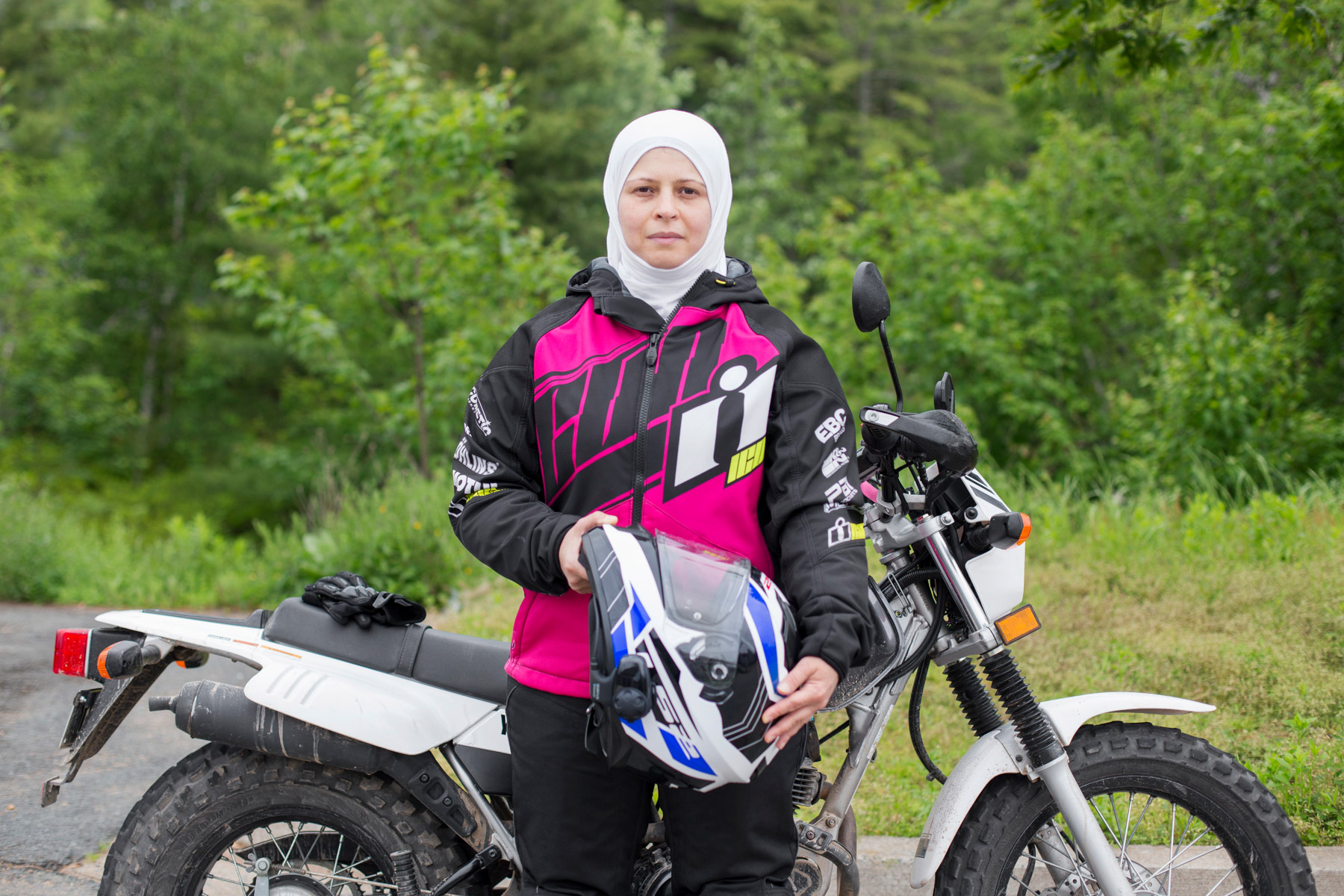
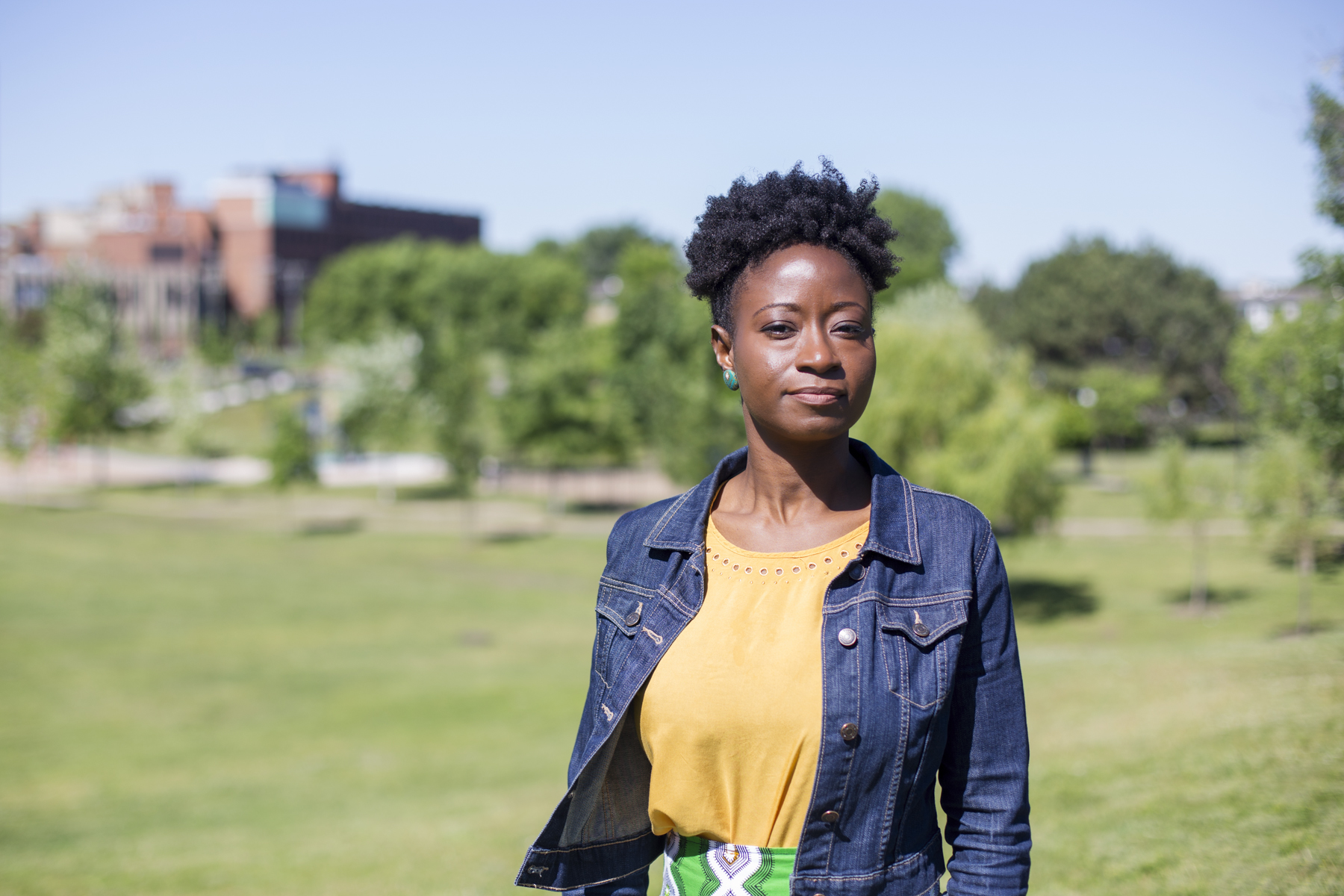
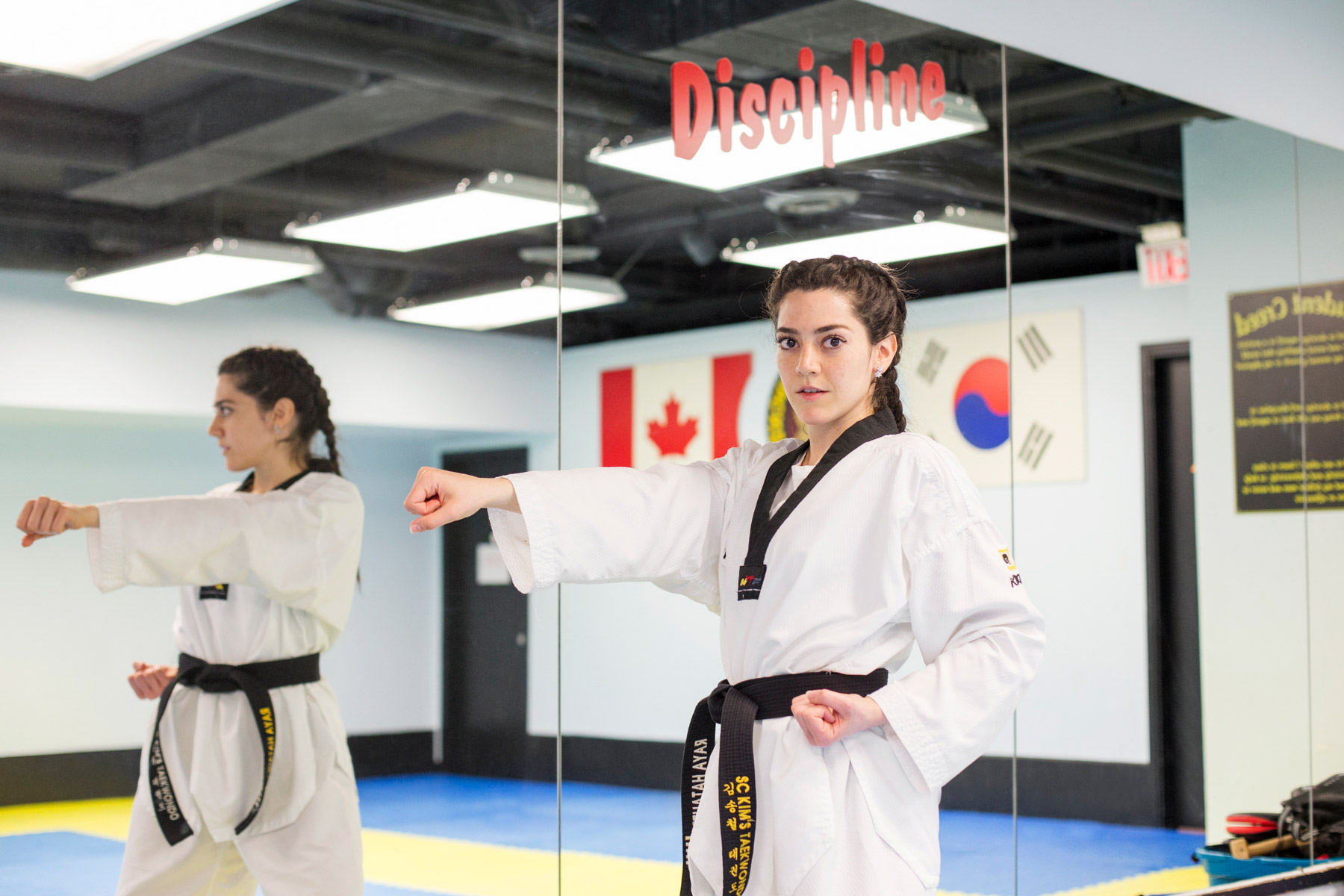
LBR. What was your response?
AY. I sought to show what gets ignored by the mainstream media: images of everyday Canadian Muslim women living their lives, contributing to their communities, raising their families, working towards their careers, studying at school, etc. These images have been ignored in our media because of how they defy stereotypes. I wanted to show how diverse we are, share our stories, and bring to light the amazing Muslim women that make up this country.
I aim to collaborate with my subjects’ as much as possible. Together we discuss the environment for the photo shoot, what they will wear, and what story they want their photo to tell. I also practice ongoing consent in every aspect of the photoshoot, from what poses we do to how/where their photo will be shown. I believe having this framework is centered around being aware of the ethics of representation, and me doing my very best to give my subject as much agency and power than I can in our relationship.
LBR. What have you learned in the process of making the Sisters Project?
AY. Since I created it on the brink of graduating from undergrad, my work with the project has taken me across the country, lead me to photograph and meet over 160 incredible women, and has brought me to showing my work in countless amazing publications and exhibition spaces (for example the Parliament of Canada and the Ryerson Image Centre.) It has taught me the power of using my passion to walk towards my purpose. In that truth, spectacular things can occur that I would have never dreamed of. All the women I have met have changed me, my outlooks, and have helped me envision exciting futures, and for them I am also so grateful.
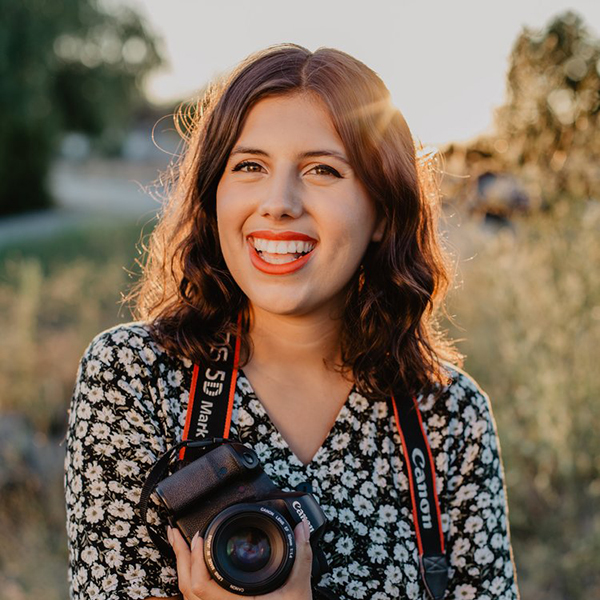
Alia Youssef is a Toronto-based artist whose work focuses on portraiture and storytelling through photography, video, and text. Her personal work advocates for the positive representation of Muslim women/ and women of colour in mass media. She is also passionate about bringing light to underrepresented stories; especially those surrounding womanhood, familiar relationships, and gendered Islamophobia.
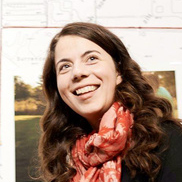
Laurence Butet-Roch, a member of the Boreal Collective and Muse Projects, is a freelance writer, photo editor, photographer and educator based in Toronto, Canada committed to encouraging critical visual thinking. Her words have appeared in the British Journal of Photography, The New York Times Lens Blog, TIME Lightbox, National Geographic, The New Yorker, Polka Magazine, PhotoLife, BlackFlash and Point of View. She is the editor of Flash Forward Flash Back.


